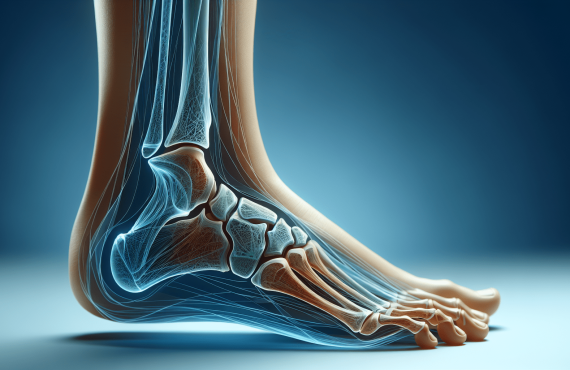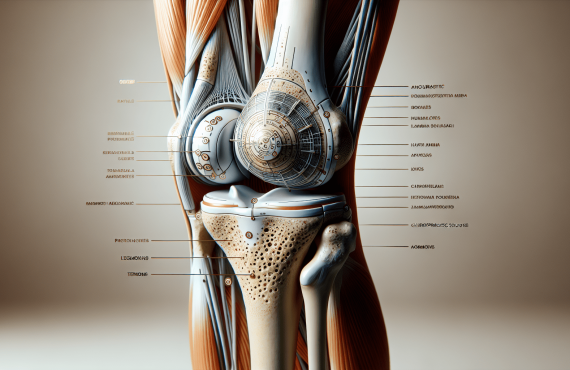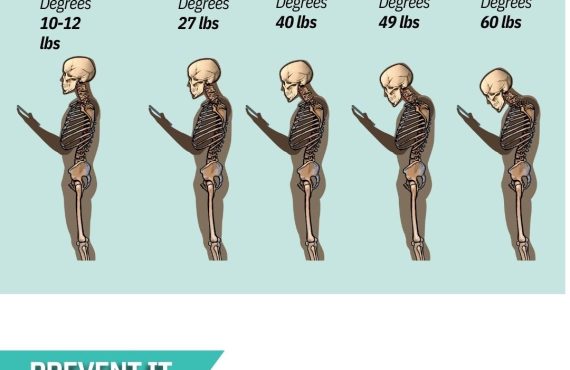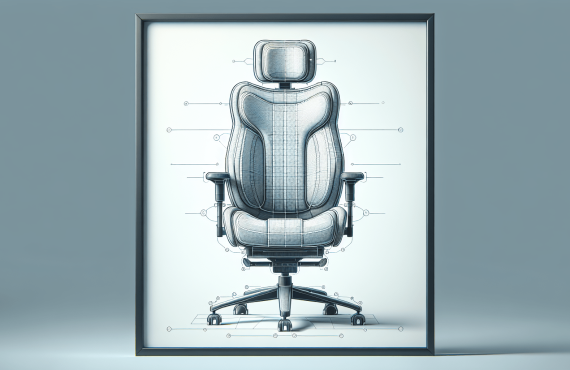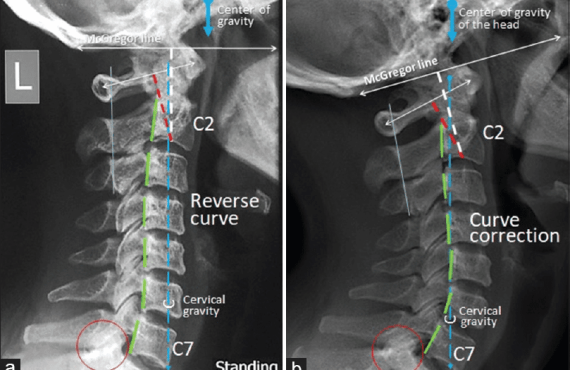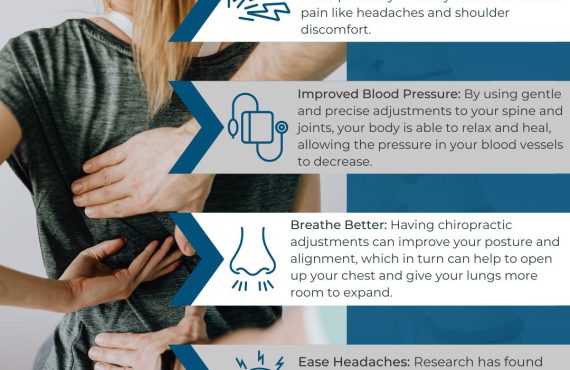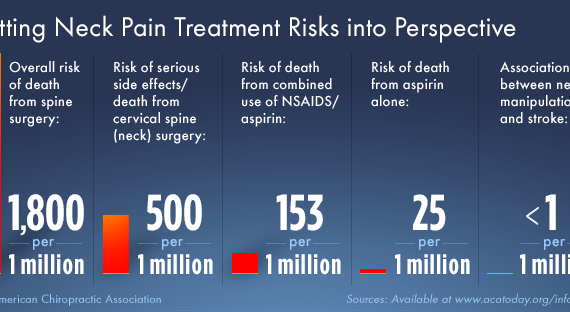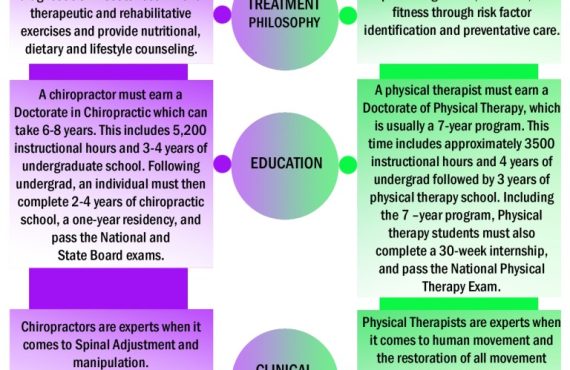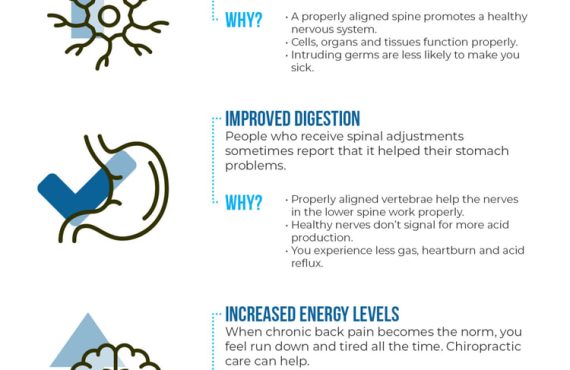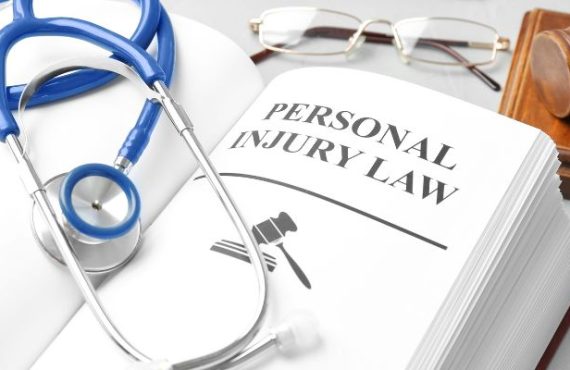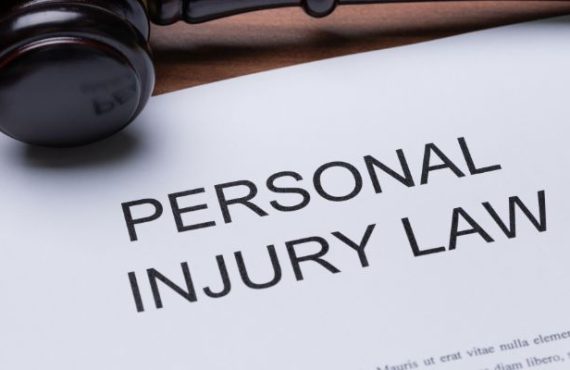In this article, you will learn about the impact of Florida laws on chiropractic personal injury practices. We will explore how these laws have shaped the landscape for chiropractors and the ways in which they can continue to provide effective care to their patients. From understanding the legal requirements to navigating insurance regulations, you will gain valuable insights into how Florida’s laws can affect your chiropractic practice.
The Importance of Staying Informed and Adapting to Changes. In order to successfully navigate the changing landscape of chiropractic personal injury practices in Florida, staying informed and adapting to changes is crucial. You will discover the importance of staying up to date with the latest laws and regulations that govern your profession. By being proactive and taking necessary steps to comply with these laws, you can continue to offer high-quality care to your patients while minimizing potential risks. With a friendly and open approach to these changes, you can ensure the continued success of your chiropractic practice in Florida.

This image is property of images.unsplash.com.
Table of Contents
Overview of Chiropractic Personal Injury Practices in Florida
Chiropractic personal injury practices in Florida play a crucial role in providing healthcare services to individuals who have been involved in accidents or suffered injuries. These practices focus on assessing and treating musculoskeletal injuries resulting from car accidents, slip and falls, sports injuries, and work-related incidents. Chiropractors in Florida utilize non-invasive techniques such as spinal adjustments, physical therapy, and rehabilitation exercises to help patients recover and regain their mobility.
Key Laws and Regulations Affecting Chiropractic Personal Injury Practices in Florida
Florida has specific laws and regulations that govern chiropractic personal injury practices to ensure patient safety and quality of care. The key laws impacting chiropractors include:
- Florida Statute 460 – This statute establishes the requirements for chiropractic licensure in the state. It outlines the educational requirements, scope of practice, and ethical guidelines that chiropractors must adhere to.
- Florida Statute 627.736 – This statute pertains to personal injury protection (PIP) insurance, which is mandatory for all drivers in Florida. It establishes the guidelines for chiropractors to bill and receive reimbursements for providing care to patients with PIP coverage.
- Florida Administrative Code 64B2 – This code lays out the rules and regulations specific to chiropractic practice in Florida. It covers topics such as record-keeping, advertising, informed consent, and the use of diagnostic imaging.
Challenges Faced by Chiropractors in Florida Due to Changing Laws
The landscape of Florida laws regarding chiropractic personal injury practices has undergone significant changes in recent years, presenting various challenges to chiropractors. Some of the major challenges include:
- Increased scrutiny by insurance companies – Insurance companies have become increasingly strict in their reimbursement policies and tend to closely evaluate chiropractic claims. Chiropractors must ensure thorough documentation and adherence to the guidelines to receive appropriate reimbursement.
- Rising insurance rates – The increasing number of chiropractic claims has led to a rise in malpractice insurance premiums. Chiropractors in Florida must navigate these increased costs while providing affordable services to their patients.
- Limited treatment options – Changes in laws and regulations have resulted in restrictions on certain treatments, such as a cap on the number of chiropractic visits covered by insurance. Chiropractors need to find alternative treatment methods or work within these limitations to ensure optimal patient care.
Legal Requirements for Chiropractors Dealing with Personal Injury Cases in Florida
When it comes to chiropractic personal injury cases in Florida, chiropractors must meet certain legal requirements to ensure compliance with the law. These requirements include:
- Proper licensure – Chiropractors must hold a valid license issued by the Florida Board of Chiropractic Medicine to practice in the state. This license ensures that chiropractors have met the necessary educational and training criteria.
- Adherence to ethical guidelines – Chiropractors must adhere to the ethical guidelines set forth by the Florida Board of Chiropractic Medicine. These guidelines include maintaining patient confidentiality, providing accurate and truthful information, and avoiding conflicts of interest.
- Documentation and record-keeping – Chiropractors must maintain detailed and accurate records of patient visits, treatments provided, and any relevant communication to ensure compliance with legal and insurance requirements.

This image is property of images.unsplash.com.
Importance of Compliance with Florida Laws for Chiropractors
Compliance with Florida laws is of utmost importance for chiropractors practicing in the state. By ensuring compliance, chiropractors can:
- Protect patient well-being – Compliance with Florida laws ensures that chiropractors provide safe and effective treatments to their patients. It helps prevent malpractice and ensures that patients receive appropriate care for their injuries.
- Maintain professional reputation – Compliance with laws and regulations helps chiropractors maintain a positive professional reputation. By following ethical guidelines and providing quality care, chiropractors can build trust with their patients and the community.
- Avoid legal consequences – Non-compliance with Florida laws can result in legal consequences, including fines, license suspension, or even criminal charges. By staying compliant, chiropractors can avoid these legal pitfalls and continue practicing without disruptions.
Implications of Non-compliance with Florida Laws for Chiropractic Personal Injury Practices
Non-compliance with Florida laws can have severe implications for chiropractic personal injury practices. Some of the potential consequences of non-compliance include:
- Loss of license – If a chiropractor is found to be non-compliant with Florida laws, the Florida Board of Chiropractic Medicine can revoke or suspend their license. This can effectively put an end to their chiropractic practice and significantly impact their livelihood.
- Legal liability – Non-compliance can result in legal liability, leading to lawsuits and potential financial damages. Chiropractors may be held accountable for any harm caused to patients due to non-compliance with laws and regulations.
- Damage to reputation – Non-compliance can tarnish a chiropractor’s reputation within the professional community and among patients. It can undermine trust and make it difficult to regain credibility in the industry.

This image is property of images.unsplash.com.
Emerging Trends in Florida Laws and Their Impact on Chiropractic Personal Injury Practices
Florida laws regarding chiropractic personal injury practices continue to evolve, and several emerging trends are likely to impact chiropractors in the state. These trends include:
- Increased regulation of advertising – Florida has seen an increase in regulations aimed at preventing misleading advertising by chiropractic practices. Chiropractors must ensure that their marketing materials accurately reflect the services they provide.
- Utilization review and peer review requirements – Florida laws are moving towards implementing utilization review and peer review processes to ensure the appropriateness and necessity of chiropractic treatments. Chiropractors may need to provide additional documentation and show the medical necessity of their treatments.
- Integration with other healthcare providers – The trend toward interdisciplinary collaboration in healthcare may impact chiropractic personal injury practices. Chiropractors may need to work closely with other healthcare professionals to provide comprehensive care to patients.
Opportunities and Advantages for Chiropractors in Florida Following the Changing Laws
Despite the challenges posed by changing laws, there are various opportunities and advantages for chiropractors in Florida. These include:
- Expanding patient base – As awareness of the benefits of chiropractic care grows, more individuals are seeking non-invasive alternatives for personal injury treatments. Chiropractors can tap into this growing market and expand their patient base.
- Collaboration with other professionals – The changing landscape of laws in Florida presents opportunities for chiropractors to collaborate with other healthcare providers. By working together, they can offer holistic and integrated care, ultimately benefiting the patients.
- Staying updated with industry changes – Chiropractors who stay informed and adapt to the changing laws can position themselves as industry leaders. By embracing new trends and innovations in healthcare, chiropractors can stay ahead of the competition.
Strategies for Chiropractors to Adapt to the Changing Landscape of Florida Laws
To effectively adapt to the changing landscape of Florida laws, chiropractors can employ several strategies:
- Continuing education – Chiropractors should prioritize continuing education to stay updated on the latest laws and regulations. This can be achieved through attending seminars, webinars, or pursuing advanced certifications in relevant areas.
- Collaboration with legal professionals – Chiropractors can seek guidance and support from legal professionals specializing in healthcare law. By partnering with attorneys who understand the intricacies of Florida laws, chiropractors can navigate any legal challenges effectively.
- Networking and professional involvement – Participating in professional organizations and networking with other healthcare providers can provide valuable insights and opportunities to stay informed about industry changes. Engaging in these activities can also help chiropractors build a strong support system.
Conclusion
The changing landscape of Florida laws has a profound impact on chiropractic personal injury practices. Chiropractors must stay informed, adapt to emerging trends, and comply with legal requirements to provide safe and effective care to their patients. By embracing these changes, chiropractors can navigate the challenges and seize the opportunities presented by the evolving laws in Florida.























